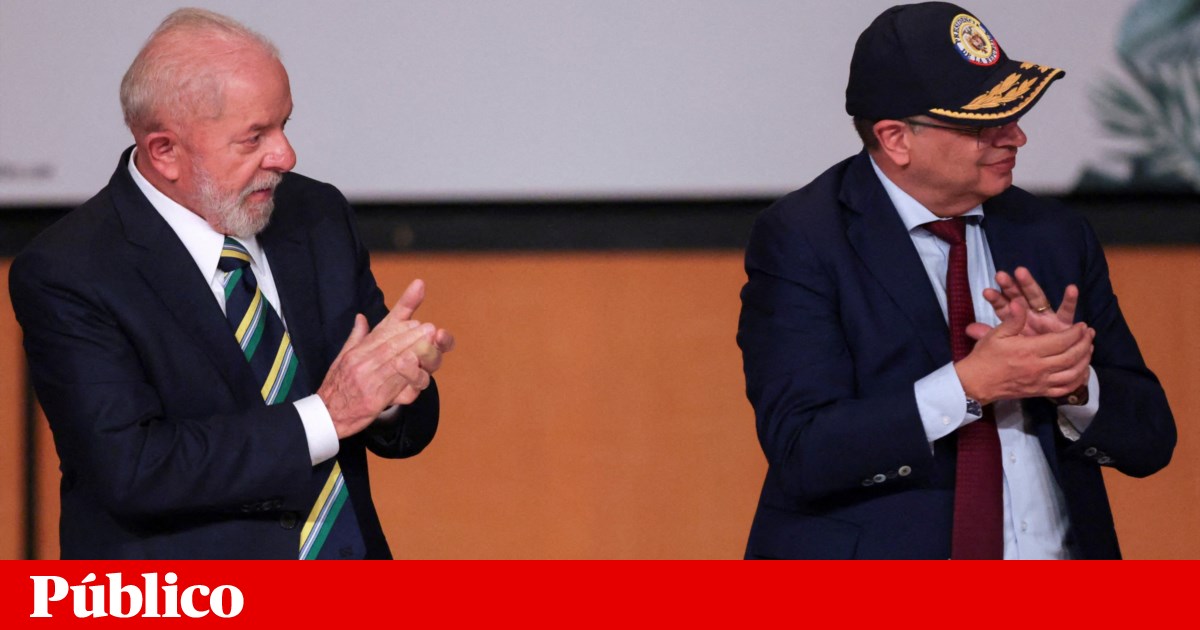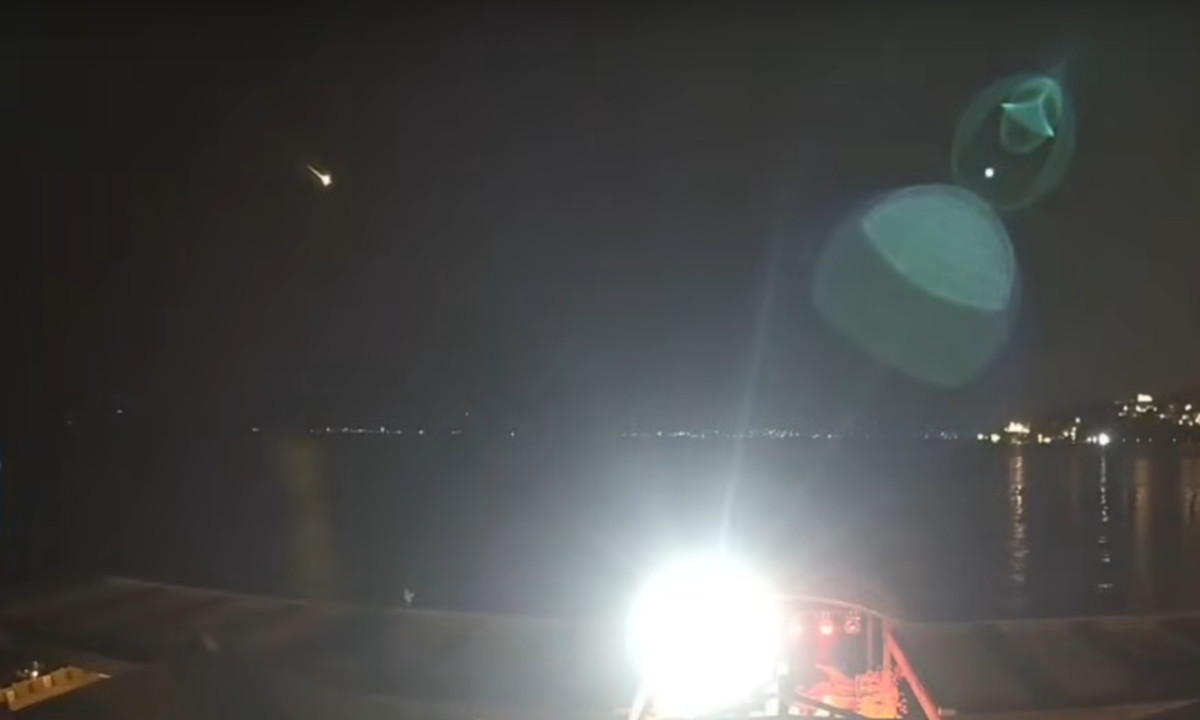The Brazilian president has admitted that he is advocating for a new electoral law in Venezuela as a solution to the political and social crisis the country is going through after the presidential elections scheduled for July 28. “If [Nicolás Maduro] “If you have common sense, you can try to appeal to the people of Venezuela, maybe even call new elections,” Lula da Silva said via microphones on Radio TV Foz do Iguaçu. Reuters says the solution already has the approval of US President Joe Biden.
“I don’t want to act enthusiastically and say I’m for or against someone. I want the result,” said Luiz Inácio Lula da Silva, recalling that Maduro “still has six months left in office” and that he is still Venezuela’s president “regardless of the elections.” He thus claims that there is room for a negotiated solution that could include the formation of a coalition government or new elections—something like a second round—to overcome the current state of international distrust.
In this scenario, Lula says, Maduro would be the one to “set the criteria for participation,” create a “supra-partisan electoral commission in which everyone participates” and allow observers, “scouts from all over the world,” to analyze. He added that he “knows that he owes society and the world an explanation.”
The hypothesis of holding new elections has already been rejected by Maria Corina Machado, leader of the Venti party. [Vamos] Venezuela and the Democratic Unity Platform, which presented Edmundo Gonzalez as its candidate against Maduro and declared victory on July 28, based on electoral records collected in 80% of the country’s 30,000 polling stations and posted online. “The elections have already been held,” he told reporters from Argentina and Chile on Thursday.
Celso Amorim, Lula’s chief foreign policy adviser, is aware of the difficulties of the process. “The strange thing about new elections is that both sides have to accept them,” he said Thursday in the Senate in Brasilia, stressing that Brazil supports “a solution that comes from dialogue.” “It’s difficult, but it has to be tried,” he said.
“Brazil’s position follows very important principles: defending democracy, non-interference in internal affairs, and resolving conflicts by peaceful means. That’s why we insisted on publishing the minutes of the meeting. I don’t know if this satisfies President Maduro or not, but we have never stopped insisting on publishing the minutes,” the former ambassador said. Website G1, from Globo network.
The expected Portuguese diplomacy
Brazil is now one of the main regional interlocutors in the crisis, along with Colombia, after Mexico’s President Andrés Manuel López Obrador backed away from the common position he had taken with Lula da Silva and Gustavo Petro, saying he was awaiting the conclusions of Venezuela’s Supreme Court, which is analyzing the electoral records handed over by the electoral authority close to Maduro.
In their joint statements, the three countries demanded the publication of electoral records and impartial verification of the results. Now, Brazil and Mexico appear to be lagging behind, although Brazil continues to demand the publication of official results. Colombia, which has already received some four million Venezuelans since the last election, has been more restrained in its public positions.
Anticipating the development of the situation, Portuguese diplomacy sees that regional dynamics are changing in the region, as Brazil and Colombia are no longer satisfied with the Maduro regime, especially after the referendum on the annexation of Guyana Esquiva. And to be able to have a decisive position in resolving the crisis.
The solution, according to a Portuguese diplomatic source heard by Público, is a negotiated transition, with or without elections, to ensure the formation of an interim, independent government and president, and to give guarantees of immunity to Maduro and his followers – as they have already done in the United States. Although this solution may be acceptable to the opposition, as the same source asserts, it is unlikely to be accepted by the regime.
As a country with one of the largest diaspora in Venezuela – around half a million Portuguese and Portuguese-Venezuelans – Portugal has taken a cautious stance regarding the Venezuelan political situation, but it also plays an important role in the European position on Venezuela. On the 4th of this month, the European Union issued a statement It calls for transparency in the electoral process, an end to repression and respect for human rights, but does not recognize the victory of any of the candidates.

“Hardcore alcohol maven. Hipster-friendly analyst. Introvert. Devoted social media advocate.”

